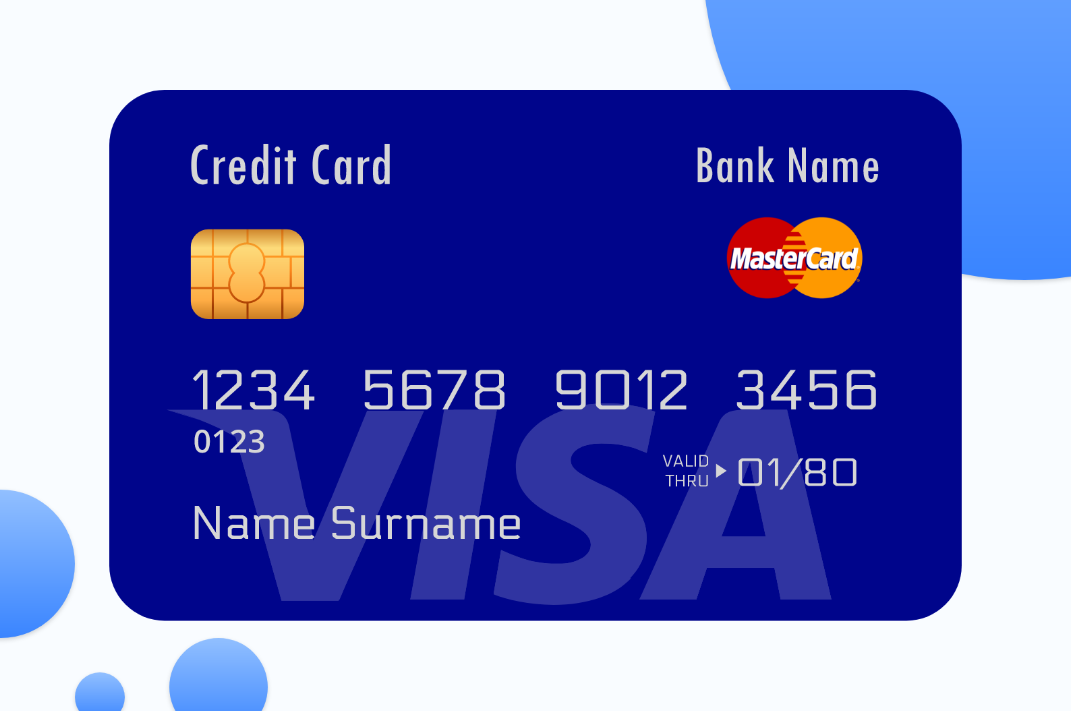Visa, a leading player in the realm of payment solutions, is taking a bold step towards revolutionizing the crypto landscape. The company is currently in the testing phase of an ingenious solution. This will allow users to pay on-chain gas fees using their Visa cards.
The Challenge of Gas Fees and Ether Balances
Mustafa Bedawala, a dedicated product manager at Visa, recently unveiled a report that sheds light on a significant challenge faced by cryptocurrency wallet users. One of the persistent issues is the need to continually monitor Ether balances to cover the ever-changing gas fees.
The conventional Ethereum process involves users obtaining ETH from exchanges or on-ramp services and then transferring it to their wallets to manage the fluctuating gas fees. This constant adjustment of gas prices often results in users either overspending or having insufficient ETH, introducing complexities and hurdles.
Visa’s Innovative Solution: ERC-4337 Standard and “Paymaster” Smart Contract
Visa’s solution is both forward-thinking and practical, involving Ethereum’s ERC-4337 standard and the utilization of the “Paymaster” smart contract. The ingenious process occurs off-chain, simplifying the settlement of gas fees. Here’s how it works:
- Initiating the Transaction via Wallet: Users initiate an Ethereum transaction through their wallets, which is then directed to the Paymaster.
- Gas Fee Calculation and Visa Charge: The web service calculates the gas fee and charges Visa via Cybersource, a seamless payment gateway.
- Secure Digital Signature and Validation: A secure digital signature is generated, swiftly validated, and then integrated by the wallet.
- Transmission to Ethereum: The transaction, now including the digital signature, is sent to the Ethereum network.
- Verification and Gas Fee Coverage: The Paymaster validates the attached signature and covers the associated gas fee.
This innovative sequence of actions empowers users to directly settle gas fees using their Visa cards. This move will further obviating the necessity of holding ETH exclusively for fee payment.

Successful Trials and Broader Implications
Notably, Visa’s groundbreaking concept has undergone successful trials on the Ethereum Goerli testnet. The trials, conducted using open-source tools like Stackup’s userop.js library. They further demonstrated the efficacy of covering fees through the Paymaster without requiring ETH.
This development has far-reaching consequences, extending beyond users. It has the potential to enhance customer interactions for merchants and decentralized applications. The Paymaster framework could facilitate gas fee payments using Visa cards, creating seamless transaction experiences.
Additionally, this innovation opens avenues for wallet and Paymaster providers to introduce options for Visa card-based gas fee payments.
Read More:
MakerDao Unveils Token Release Plan and Spark Protocol Airdrop
Lack Of Motivation Among Canadians To Embrace CBDC: Bank Of Canada Observes

